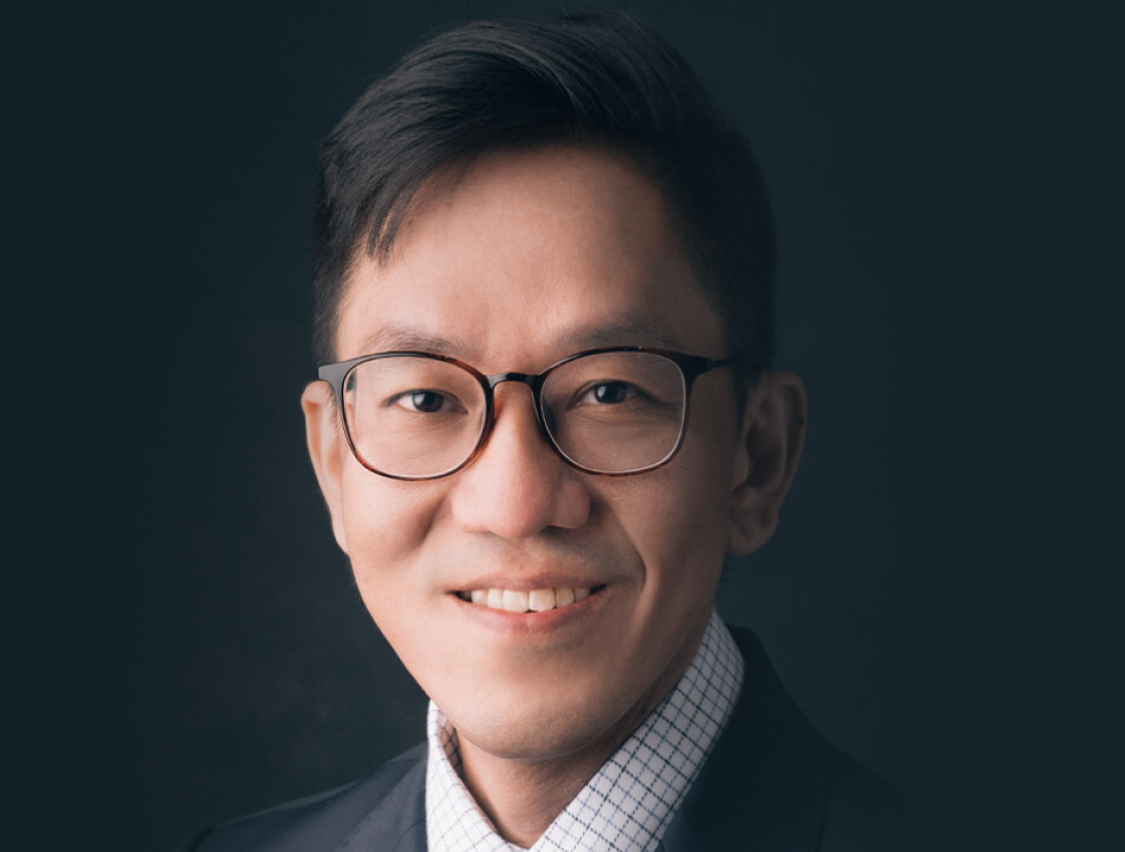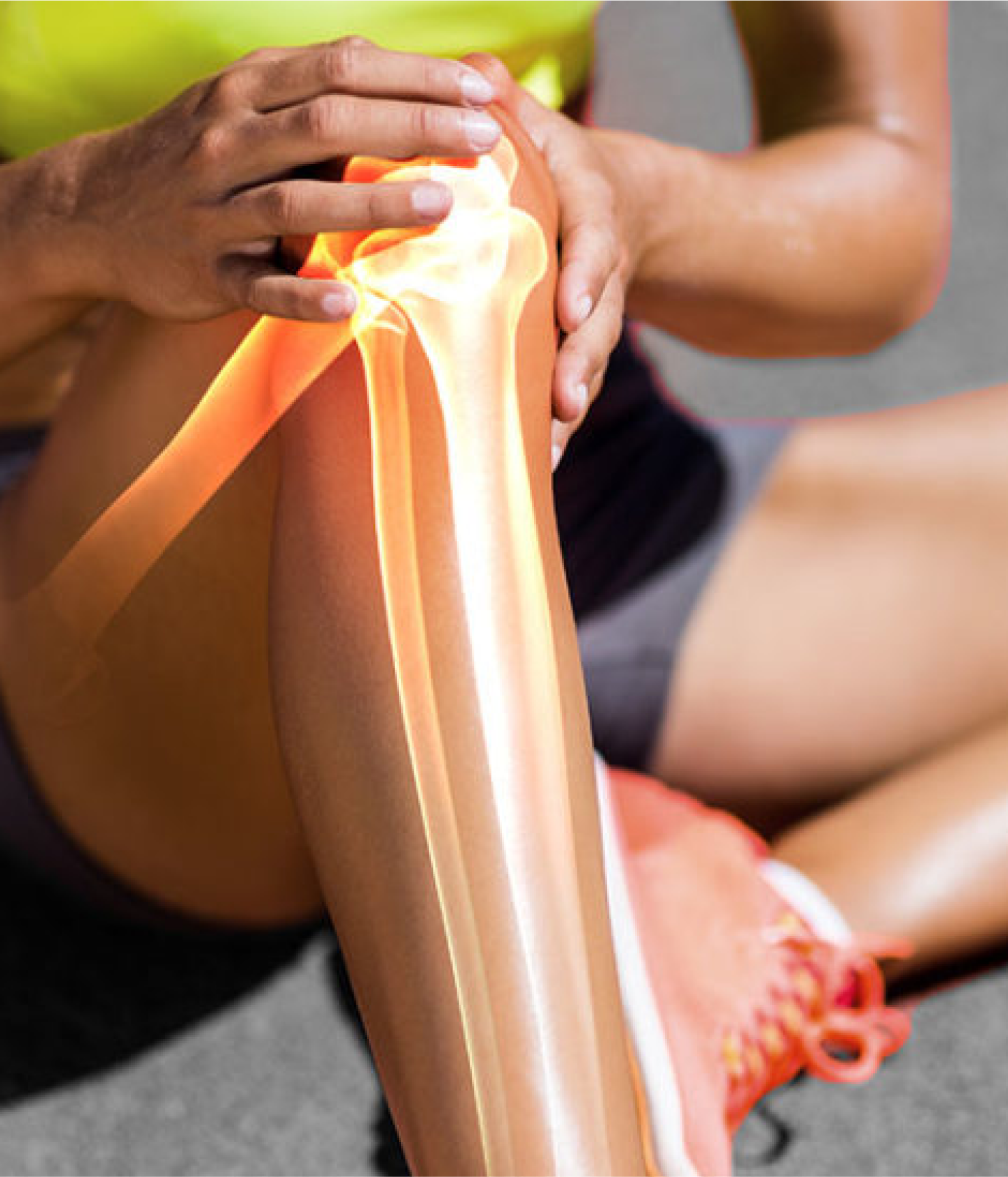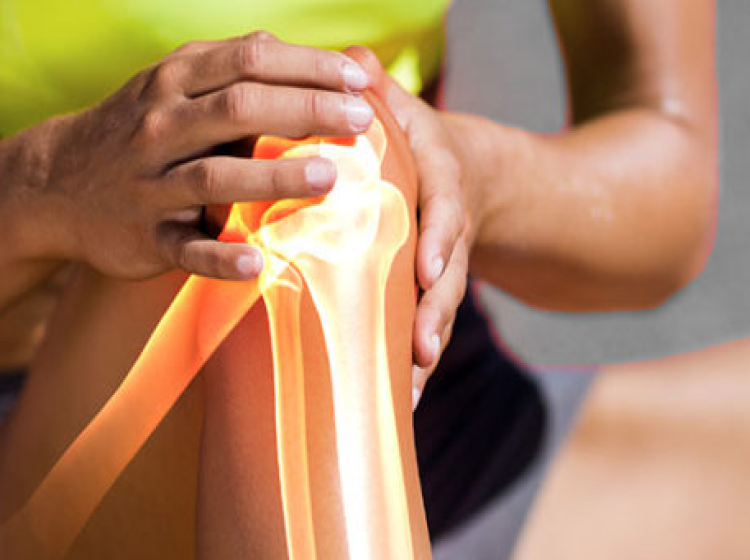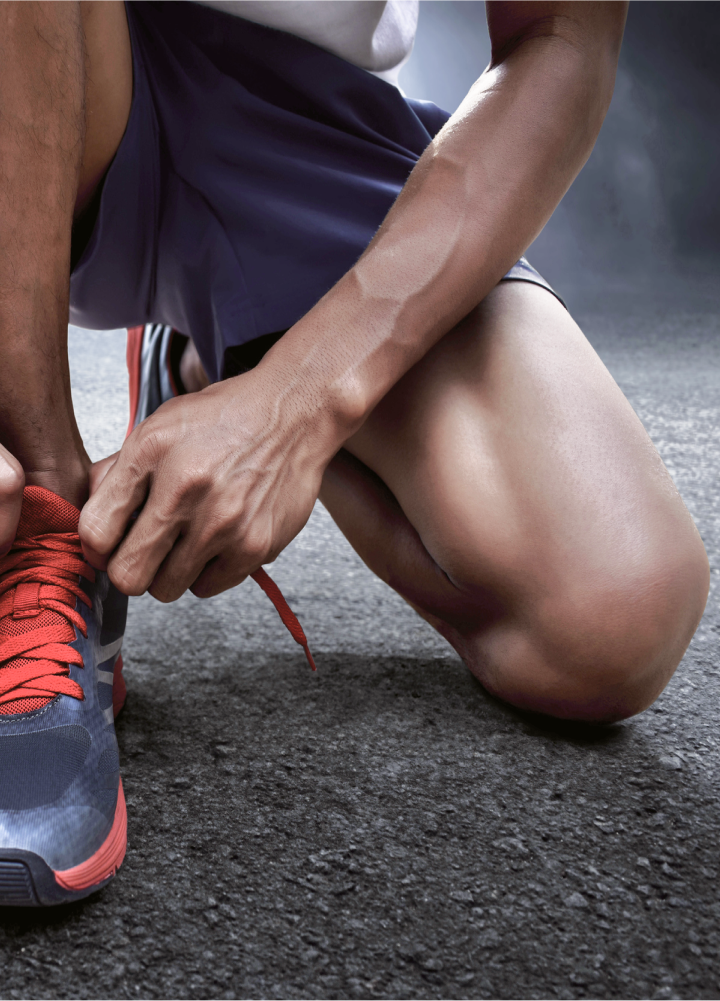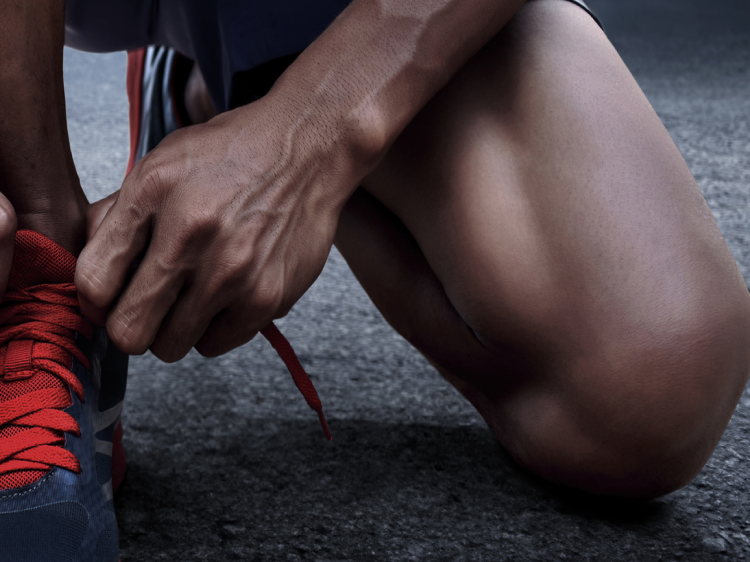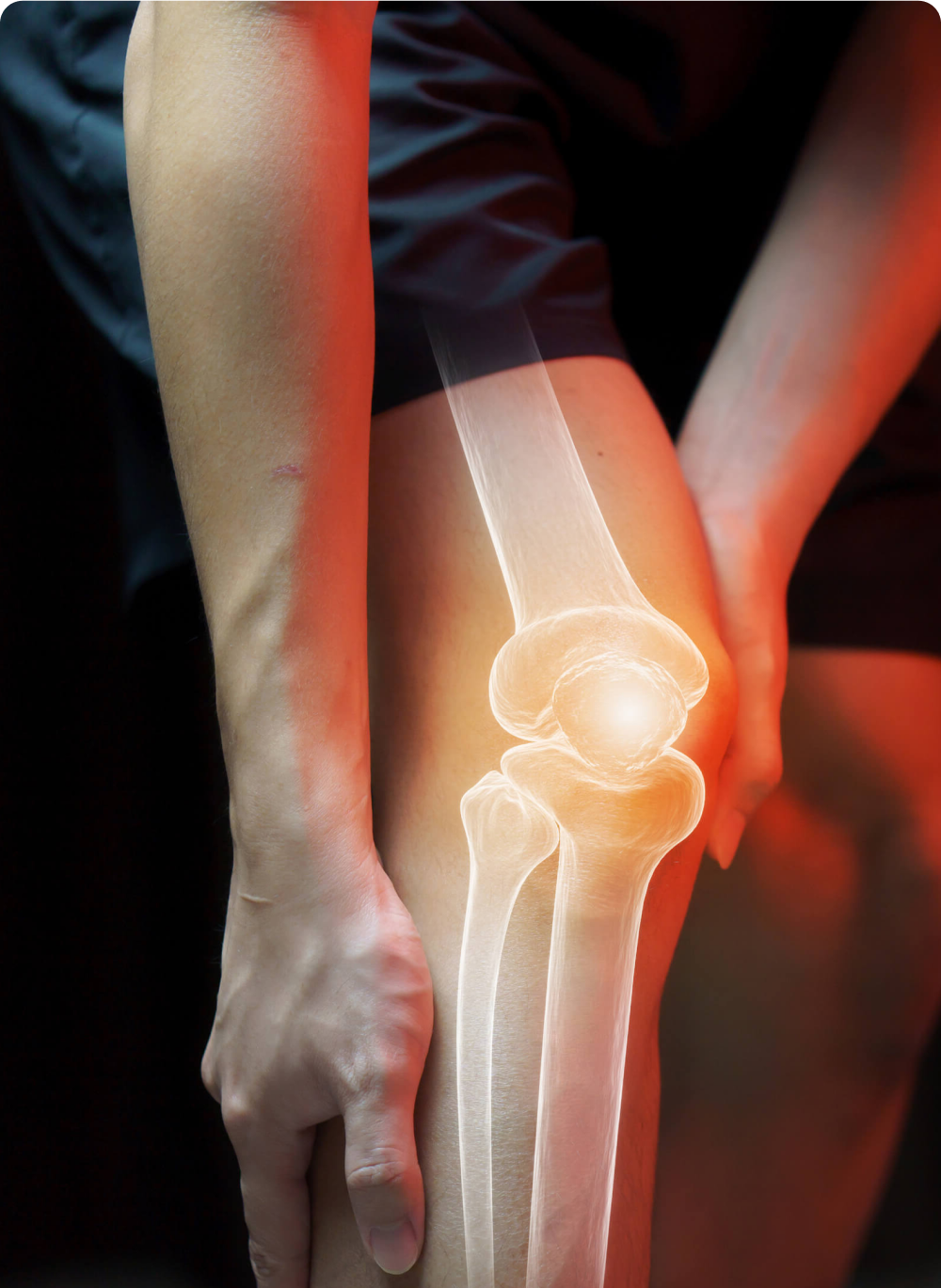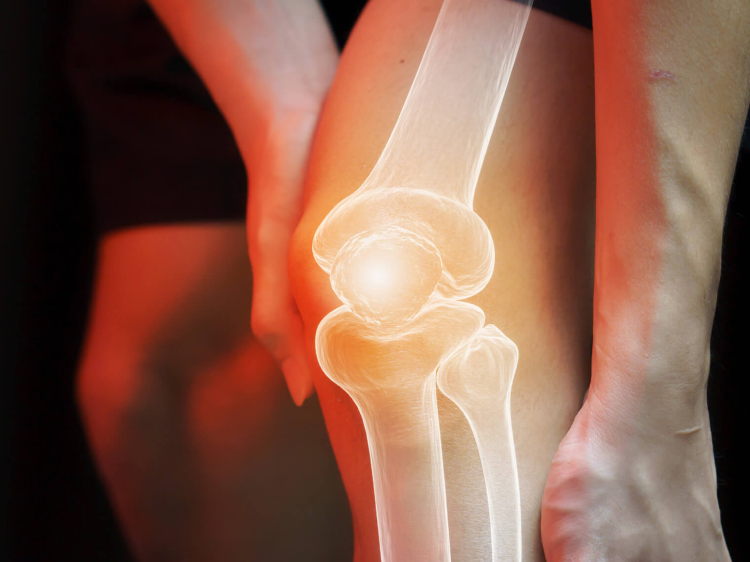Types Of ACL Surgeries Dr Wang Performs
Autograft
Autograft ACL surgery uses the patient's own tissue, typically from the patellar tendon or hamstring, to reconstruct the damaged ACL, and has several benefits, including faster healing and fewer complications. However, it can be more painful and may require a longer recovery time compared to other types of ACL surgery. Autograft ACL surgery is the preferred option for athletes or active individuals.
Allograft
Allograft ACL surgery uses donor tissue from a cadaver to reconstruct the damaged ACL. This type of surgery can offer several benefits, including less pain and a shorter recovery time compared to autograft surgery. However, there is a slightly higher risk of infection and the possibility of the body rejecting the donor tissue. Allograft ACL surgery is a good option for patients who have limited available donor tissue or who may not be able to undergo autograft surgery due to prior surgeries or other health issues.
Hybrid graft
Hybrid graft ACL surgery uses a combination of autograft and allograft tissue to reconstruct the damaged ACL, and can offer the best of both worlds, such as faster healing, less pain, and reduced risk of rejection. However, it is a more complex procedure and may have a higher risk of complications than other types of ACL surgery. This is an option for patients who have limited available donor tissue or may benefit from a combination of both types of tissue.
Ultimately, the type of ACL surgery recommended will depend on your individual situation.

